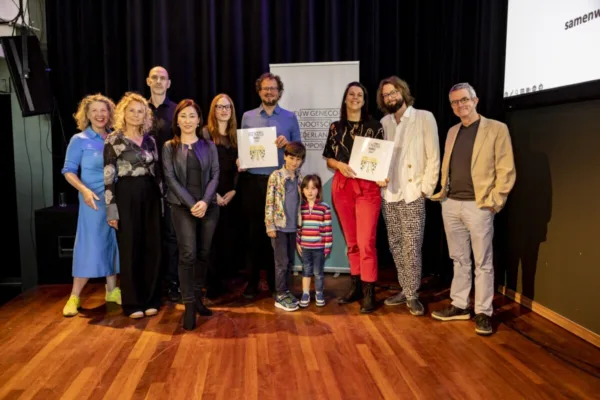In a diverse, artistic environment in which boundaries between genres and disciplines are increasingly blurring, Vocal Studies students of the Royal Conservatoire learn to create new and individual ways to express themselves as artists.
To achieve this mission, our education is structured in three phases:
Bachelor 1-2: DEVELOP
In this phase, you will lay a technical and musical foundation; learn about the anatomy of the voice, and also learn to use your body as an instrument through movement and dramatic skillscourses.
You will build up your language proficiency through lessons in German, French, and Italian; discover and develop your learning and career goals, and learn how to plan and organise your studies, skills that you will also need later in your career.
Bachelor 3-4: DISCOVER
In this phase, you will broaden your knowledge and skills by building on your foundation and exploring new musical pathways and career opportunities, sometimes off the beaten track. You may have already started a minor, or are following various electives of your choice. You will participate in projects inside and outside the conservatoire, and experiment with different styles and genres. You partake in 2 years of audition training and sustainable career training to help you with your professional life after the conservatoire. In Bachelor 4, you create your own performance in which you arrange everything yourself; from writing the script and selecting suitable repertoire to arranging light and sound.
The master's programme focusses on the phase: DEFINE. Read more about this here.
How the phases are related to the courses of the curriculum can be found on the Curriculum and Courses page.
Teachers
Here you can find an overview of all teachers of the vocal department
Specifications
Language
English
Lessons
75min/ week
Duration
4 years
Degree
Bachelor of Music
Tuition fee
Check 'Tuition fees'
Afdelingshoofd
Marjolein Niels















